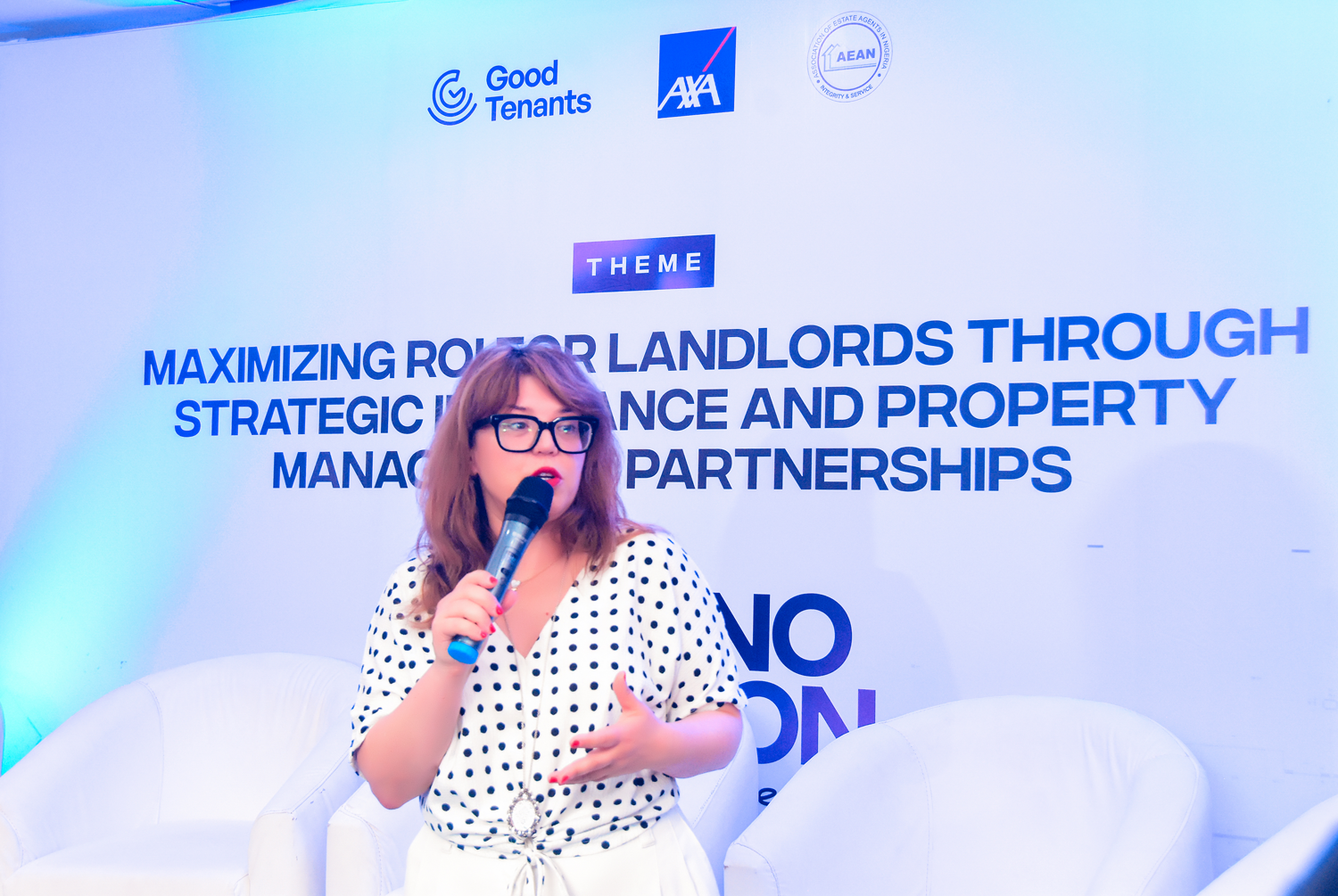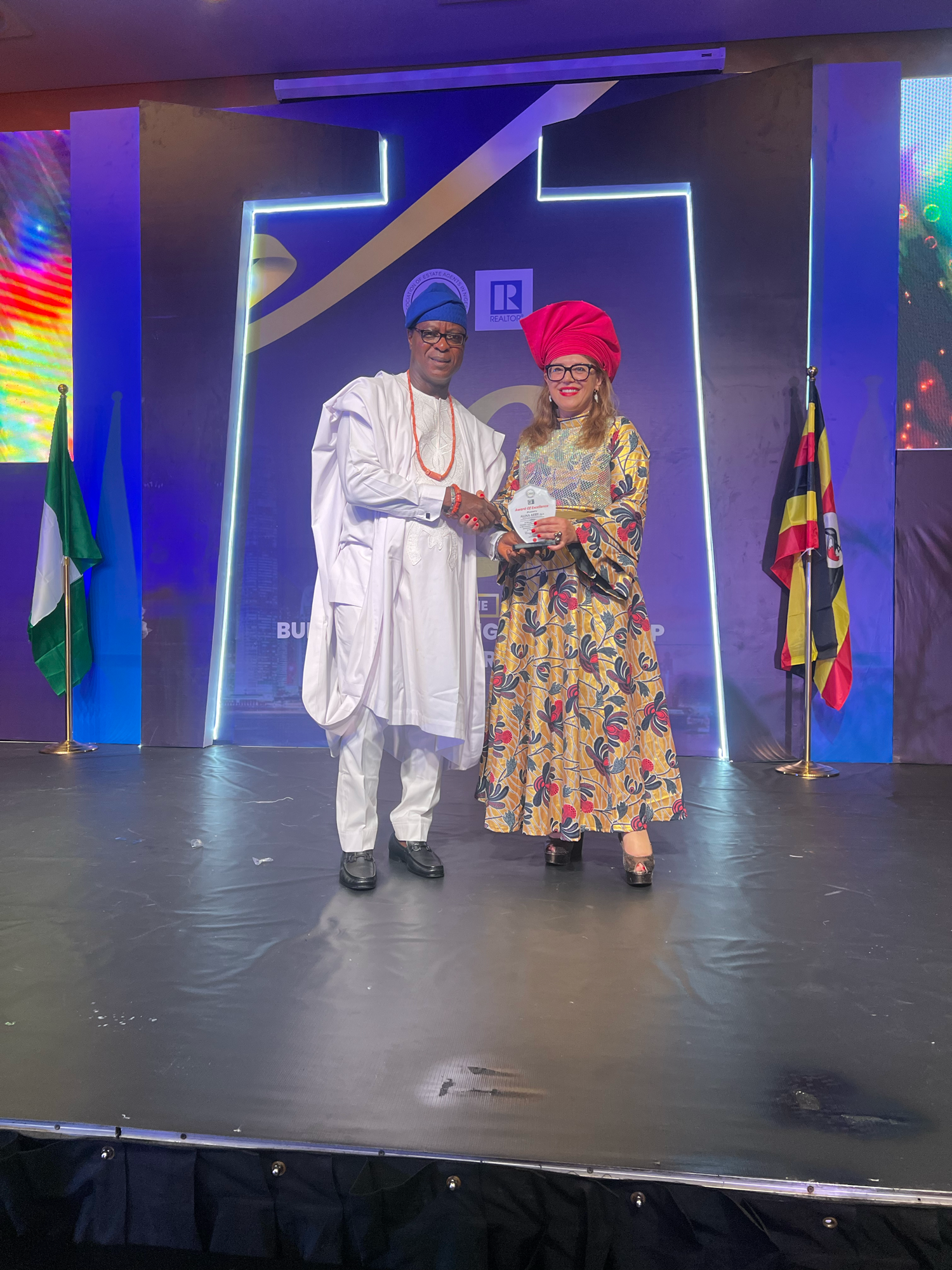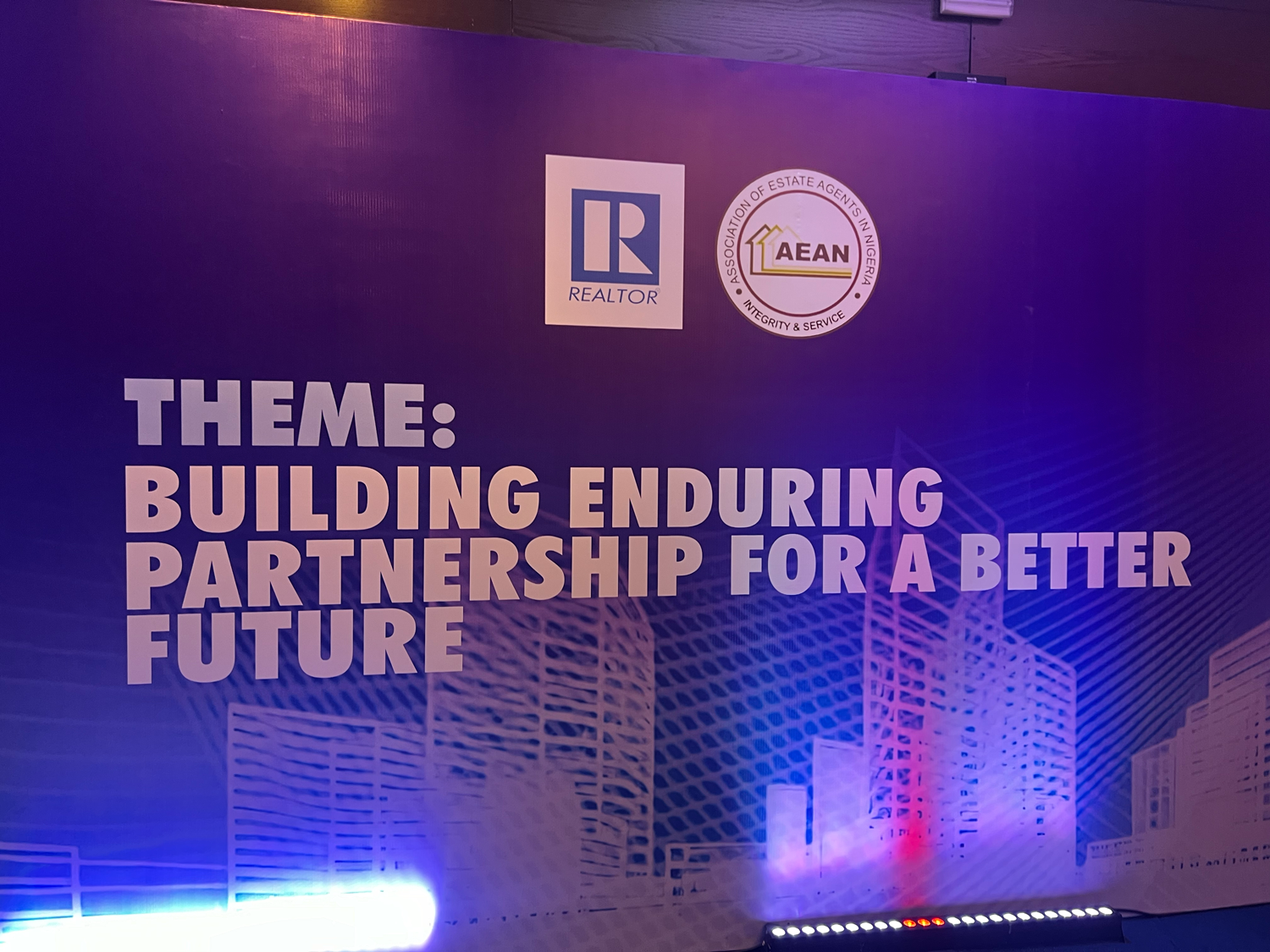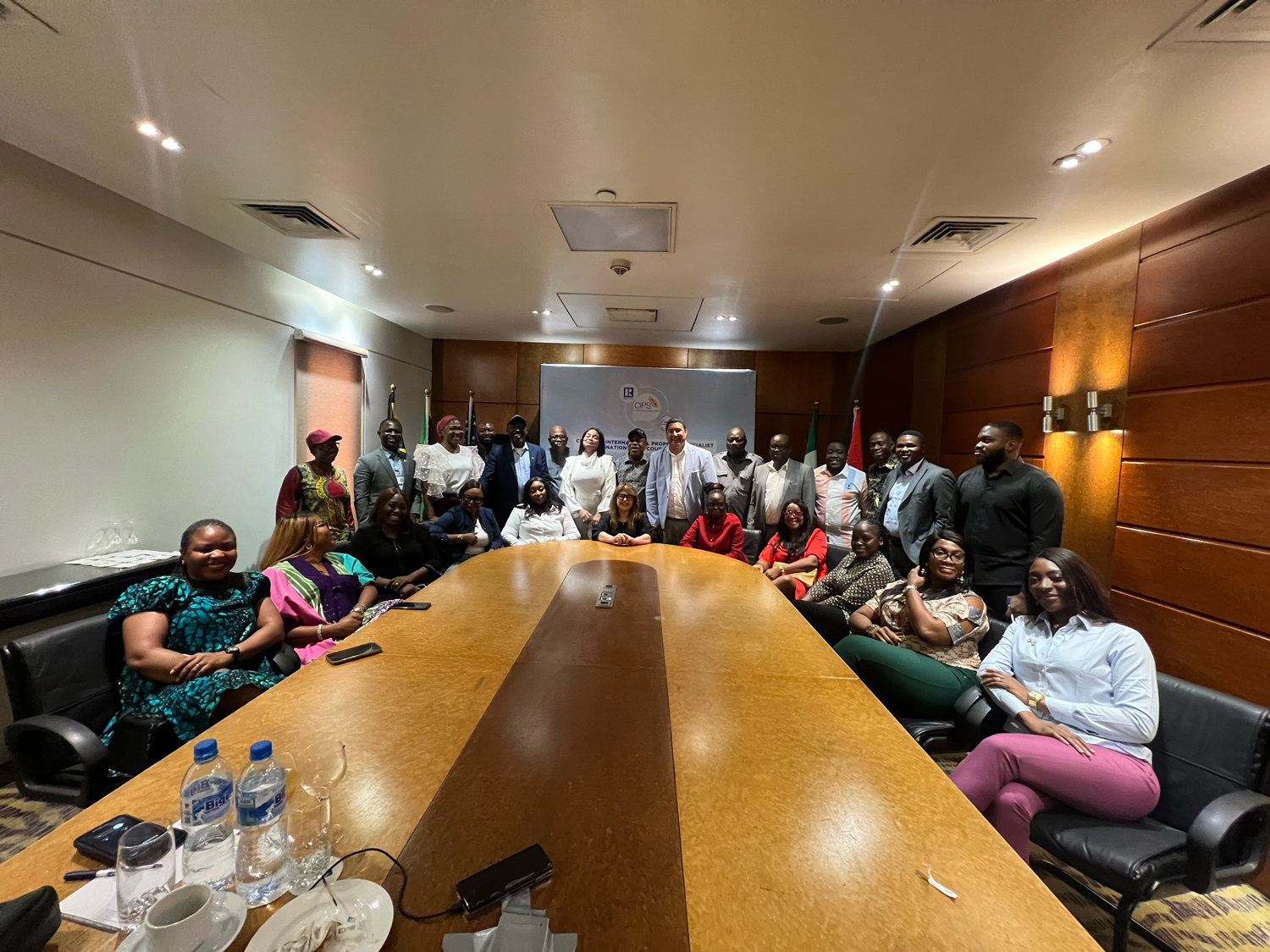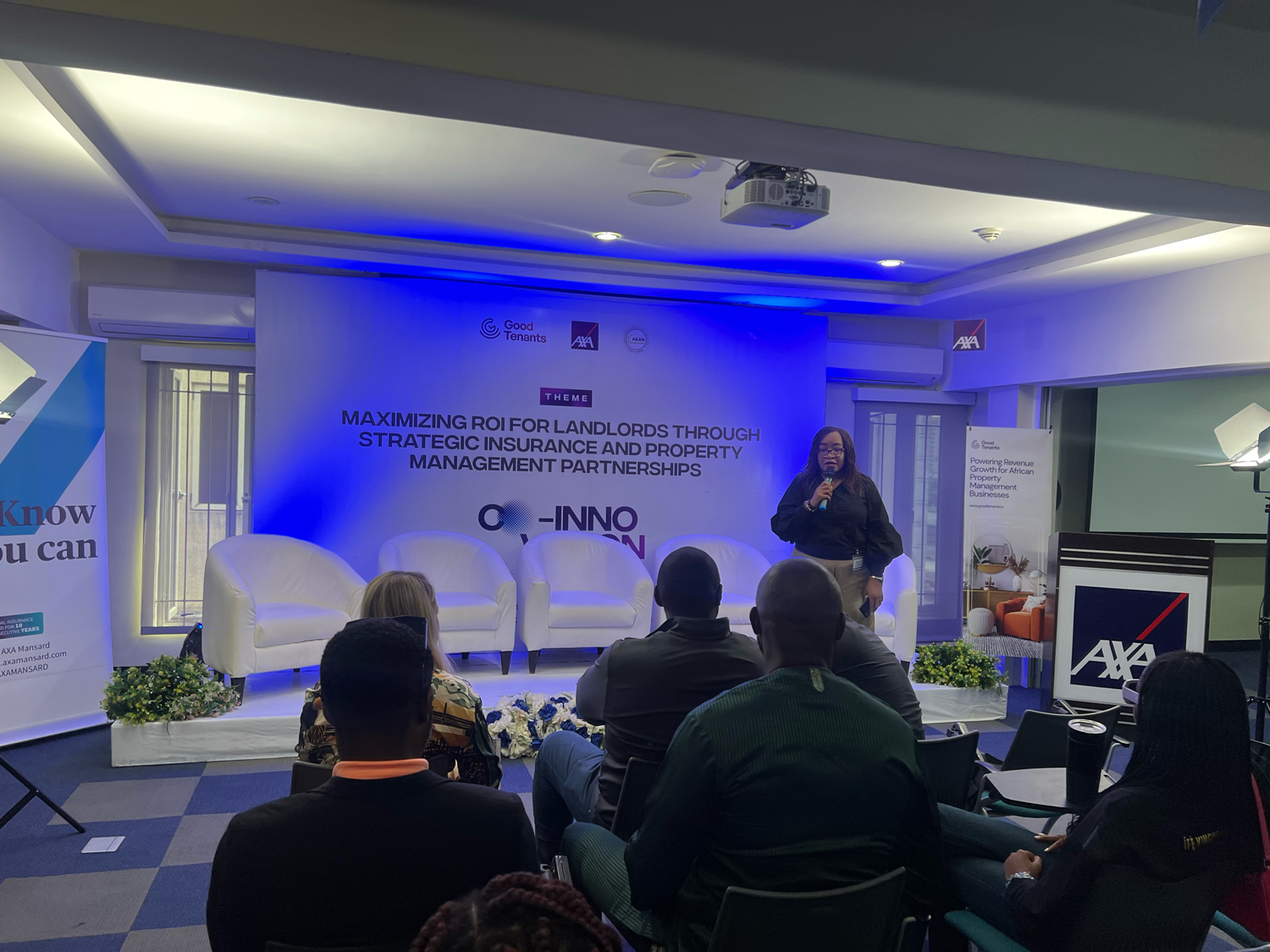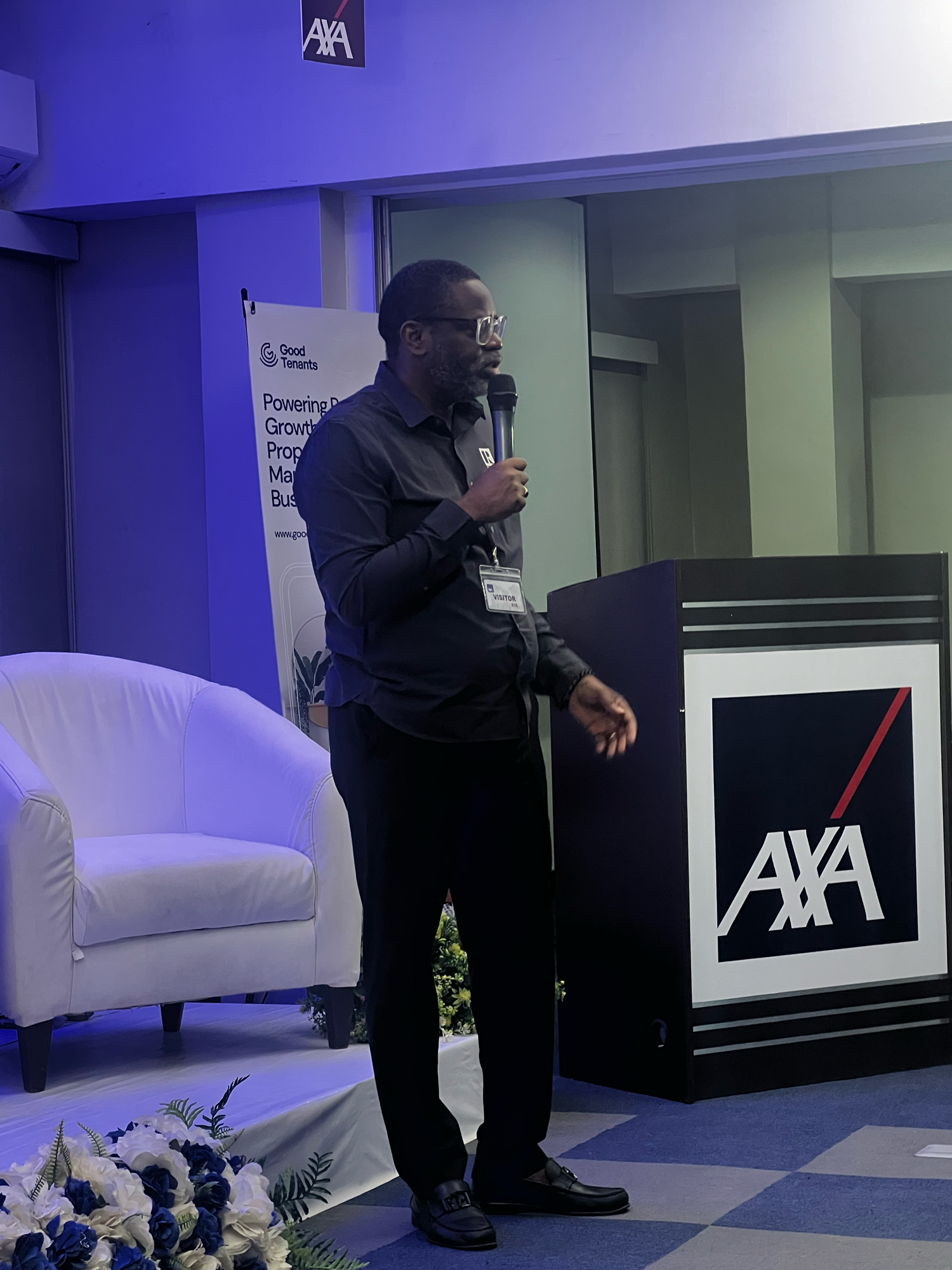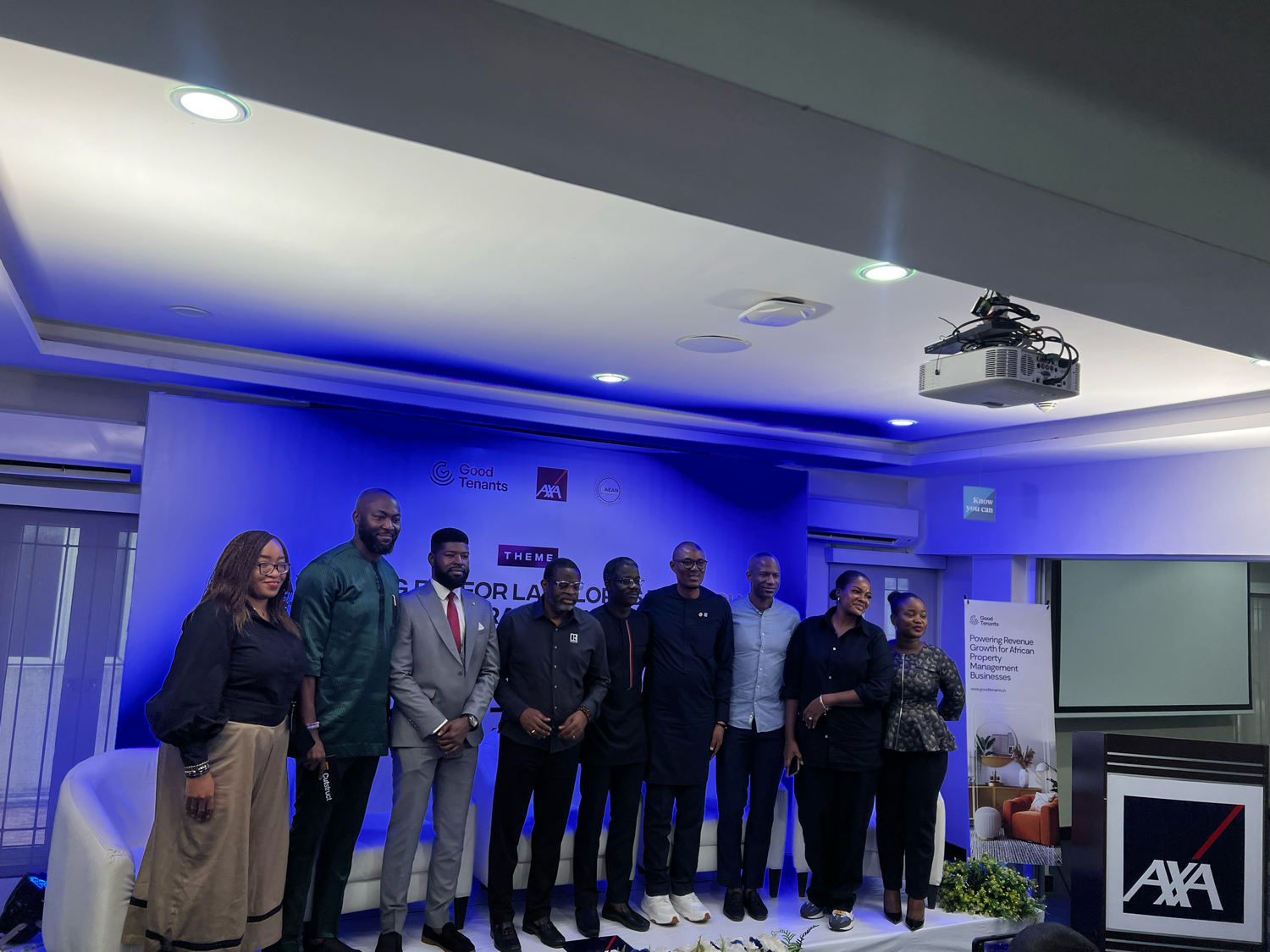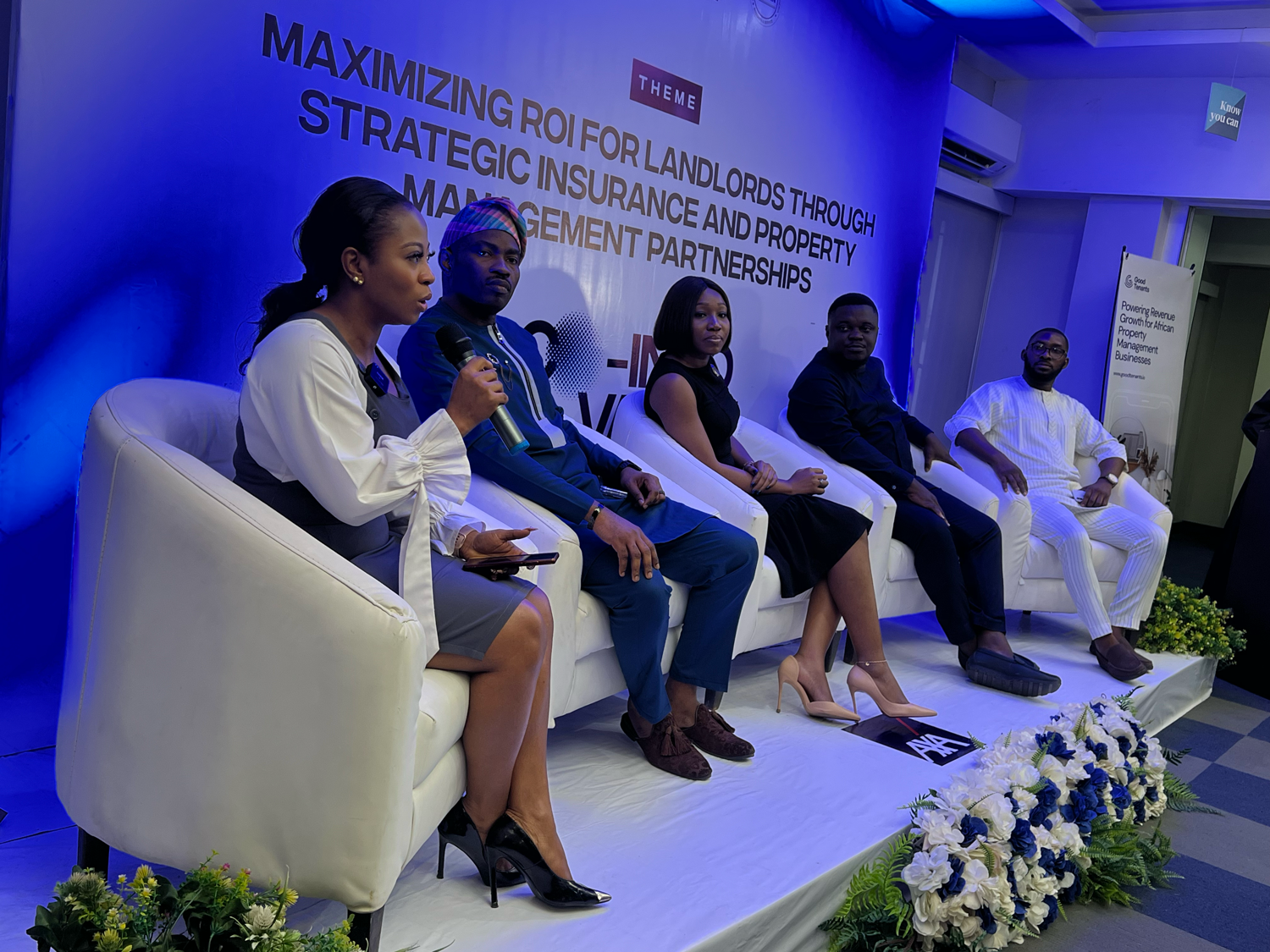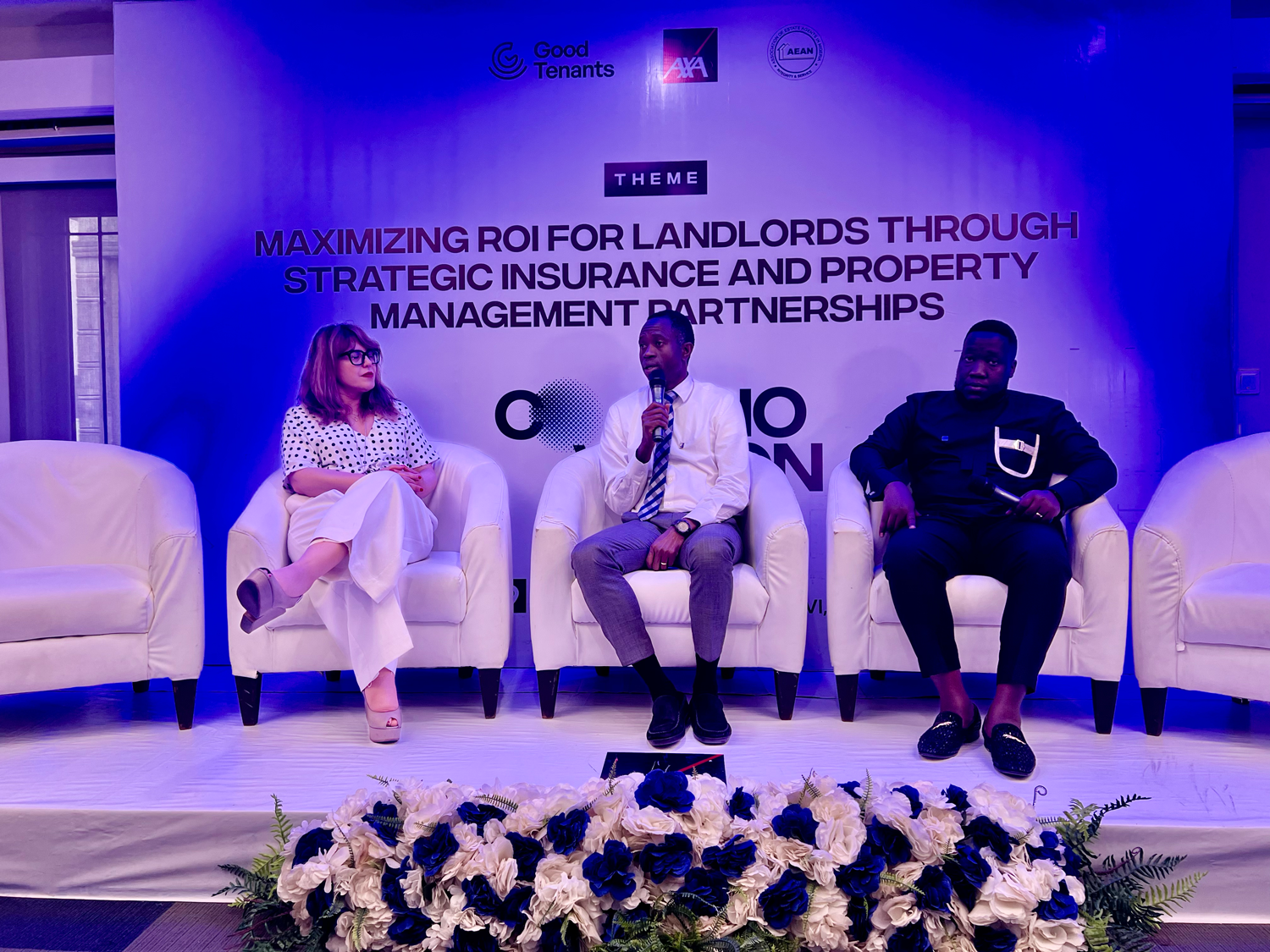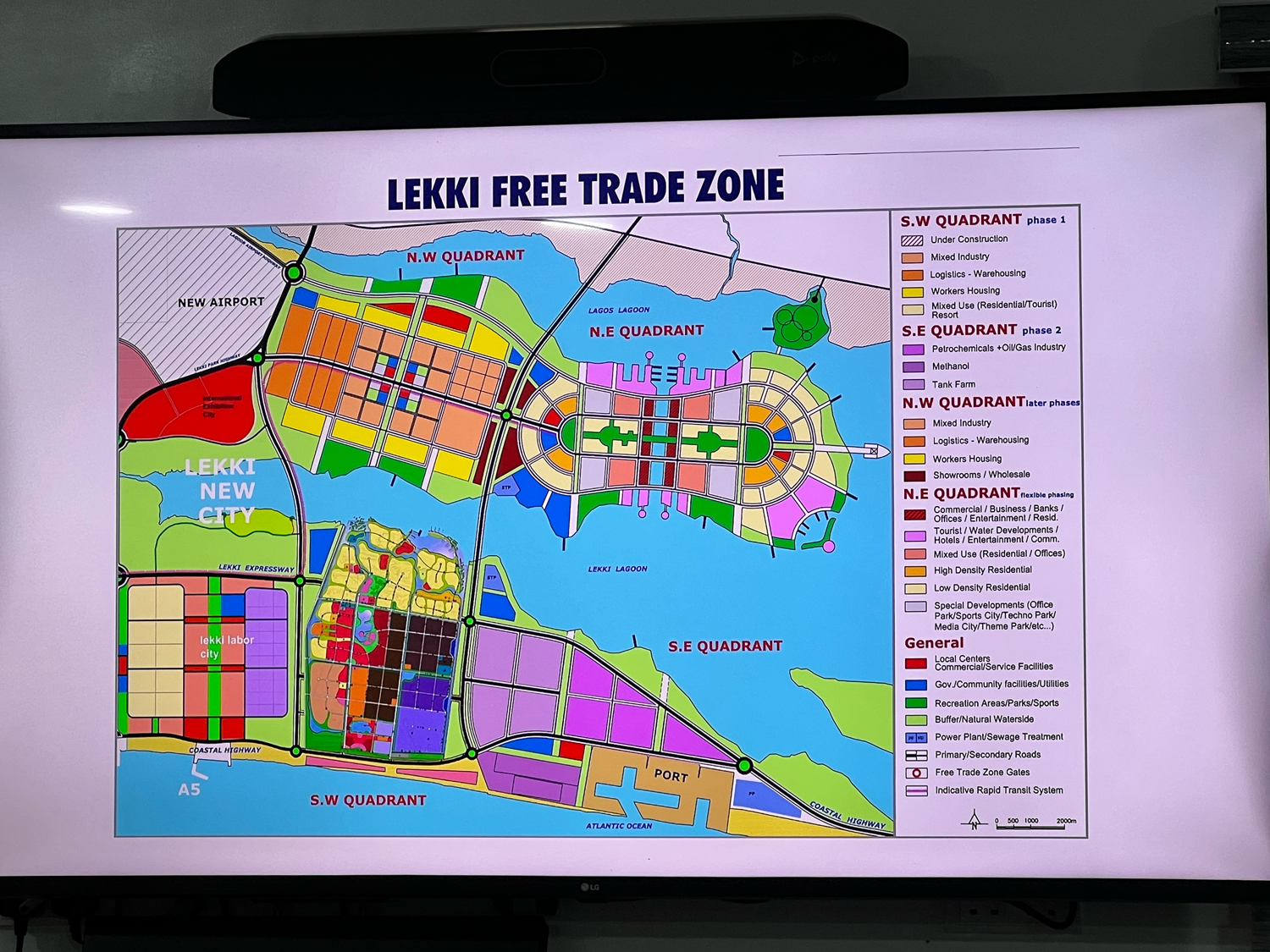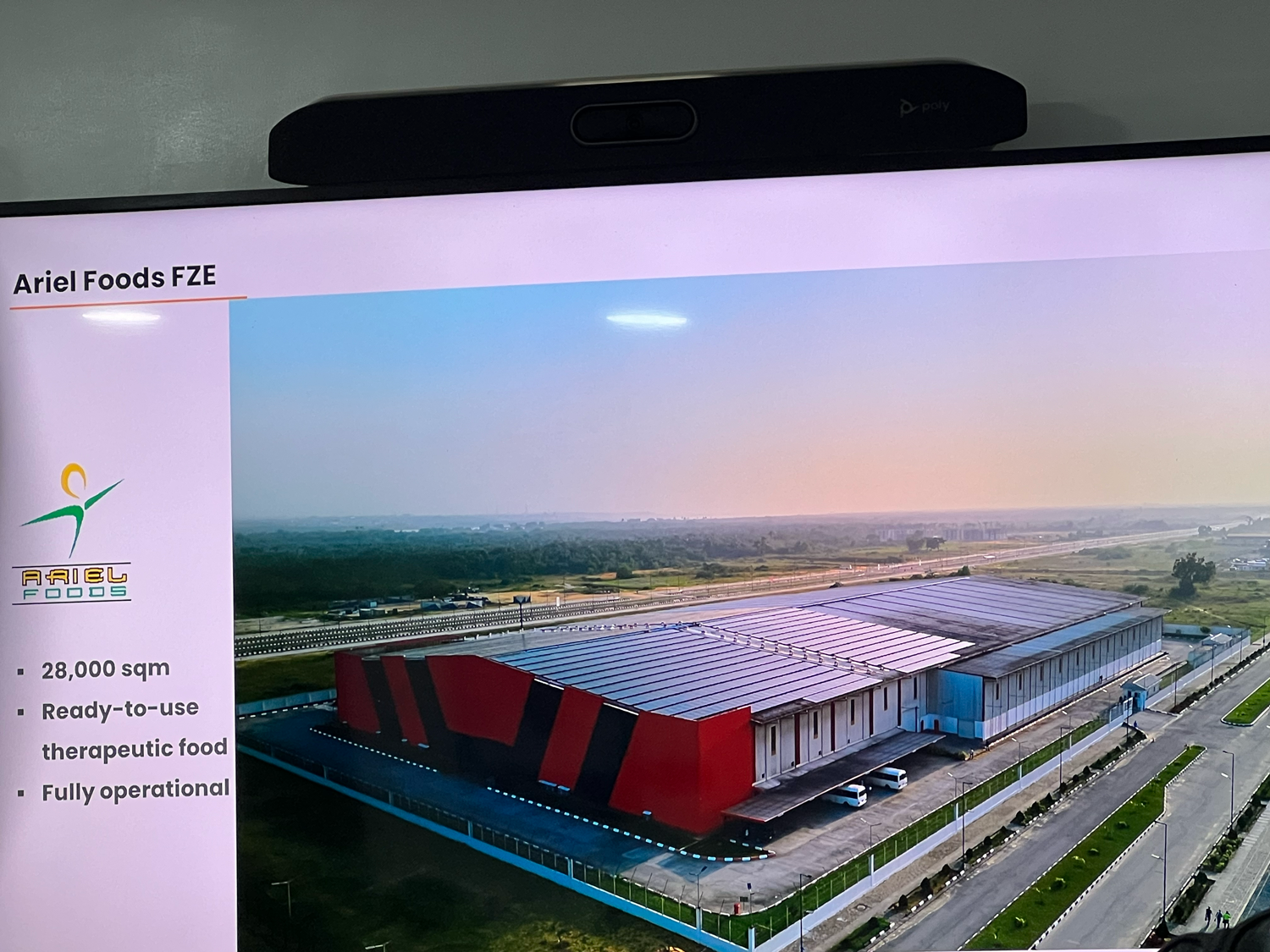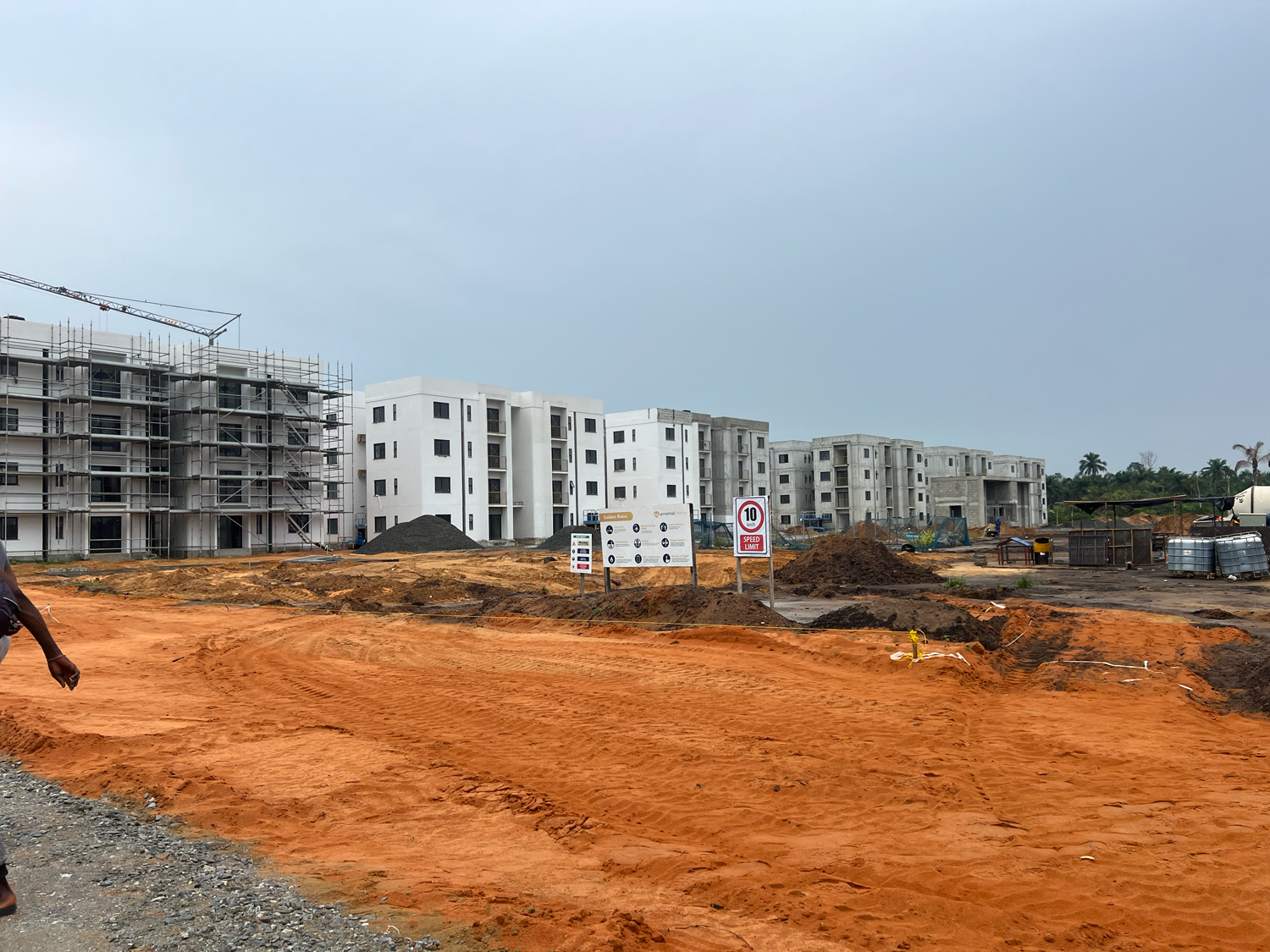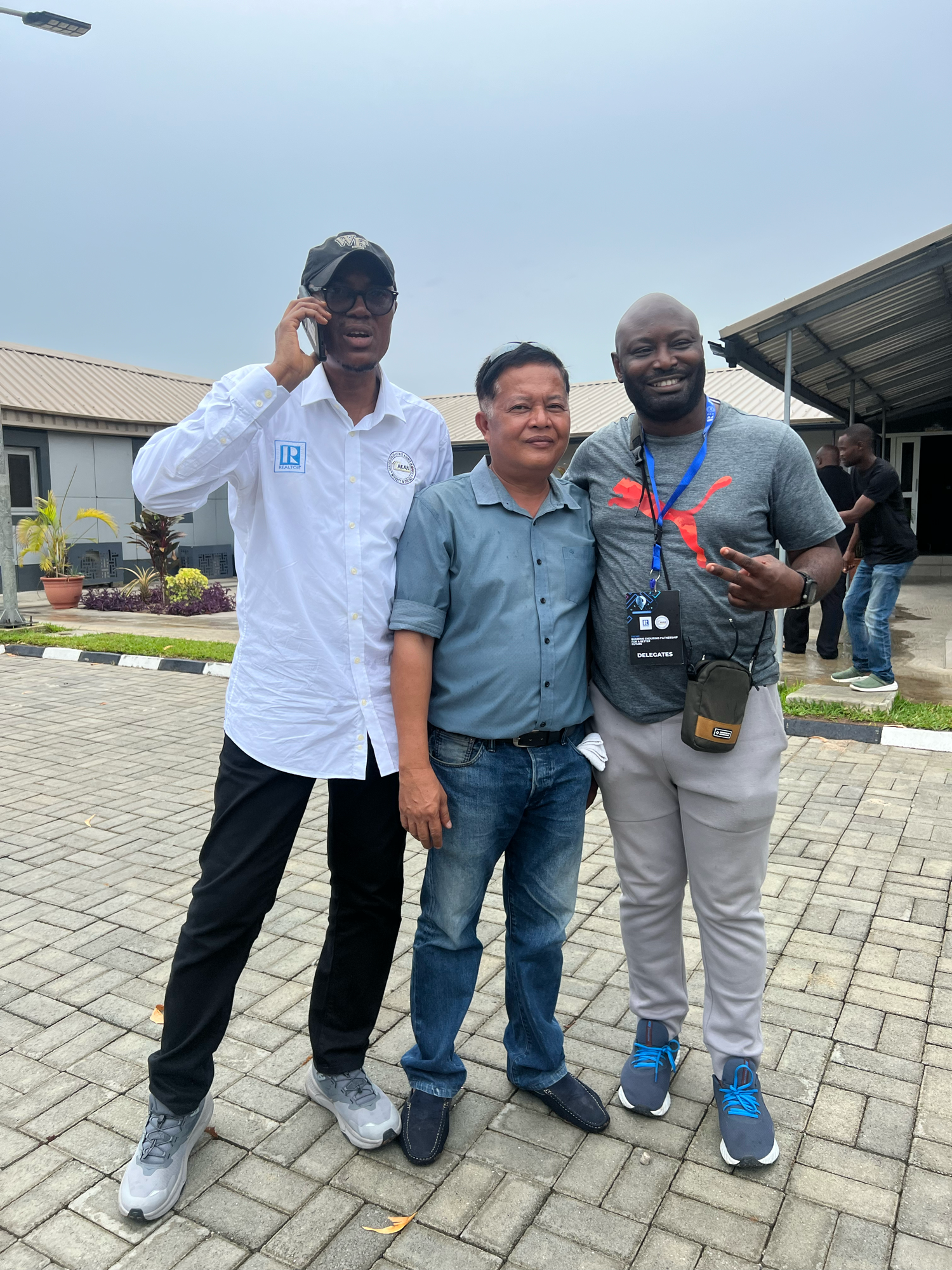Nigeria: Leading the Real Estate Markets and Regulatory Changes with Proptech Advancements in Africa
By Alina Aeby, PhD
Founder/President of Silicon Valley Proptech Association
Having recently visited Lagos, Nigeria gave me an up-close look at the country’s fast development, from a real estate and real estate innovation perspective.
Nigeria is one of the largest African economies, with a real estate market projected to grow by 7.52% between 2024 and 2028, resulting in a market volume of US 3.02 tn by 2028, according to Statista.
As everywhere in the world, the growing urban clusters lead to an acute shortage of housing, lack of affordability and environmental challenges and Nigeria is not immune to these trends.
With a population of almost 220 million, Lagos alone counting 22 million, Nigeria’s private enterprise is coming with fast changing solutions, developing a thriving Proptech and Fintech ecosystem to aid the real estate and financial sectors.
The Association of Estate Agents in Nigeria (AEAN) recently hosted a dynamic series of events in Lagos, Nigeria, bringing together professionals from across the real estate industry , Proptech innovators and government officials to discuss key topics shaping the sector. From legislative updates to regional cooperation and the integration of Proptech solutions, the event provided valuable insights into the evolving landscape of real estate in Africa.
Legislation and Regional Cooperation in a Global Context
Legislation remains a crucial aspect of the real estate profession, and the AEAN event provided a platform for stakeholders to delve into current legislative issues affecting the industry. Discussions centered on the importance of regulatory frameworks for real estate practitioners, and promoting transactions transparency, fairness, and investor confidence in Nigeria’s real estate market. Additionally, participants explored opportunities for regional cooperation to harmonize regulations and facilitate cross-border transactions, recognizing the interconnected nature of the African real estate market.
Sharing knowledge with real estate professionals from Ghana and Nigeria and drawing from the USA industry real estate experience was the theme of the main conference day.
CIPS – Certified International Real Estate Specialists Certification Course and Designation
A highlight of the event was the Certified International Real Estate Specialist (CIPS) course, a National Association of Realtors (USA) designation, which attracted a diverse class of 25 students from Nigeria and Uganda, all accomplished real estate professionals in their own right. This certification equips real estate professionals with specialized knowledge and skills to navigate international markets, fostering professionalism and global competitiveness within the industry. The CIPS designation opens a vast global network for African real estate professionals and could contribute to boosting foreign real estate investors’ confidence in the Nigerian market and real estate practices. The participation of students from Uganda further emphasized the growing collaboration and exchange of pan African real estate expertise.
Proptech Solutions and Innovation
The final day of the event brought together the Nigerian Proptech community and real estate practitioners for engaging discussions on technological innovations transforming the sector. Panels including Nigerian Proptech companies representatives, real estate agents, valuers and insurance industries veterans , explored a range of Proptech solutions, including escrow services, title authentication, tenants screening and payment assistance, and construction cost efficiency, highlighting their potential to streamline processes, enhance transparency, reduce construction costs, and drive efficiency and consumers and investors’ trust in real estate transactions.
A notable panel presentation focused on the adoption of Proptech in East Africa, with insights drawn from Uganda’s burgeoning Proptech ecosystem. Attendees learned about the challenges and opportunities facing the East African market and gained valuable perspectives on how technological advancements are reshaping the region’s real estate landscape.
Smart Cities – Free Zones Concepts
Finally, I have to mention the Nigerian real estate development in the form of smart , integrated cities, comprising of innovation hubs, offices, residential, logistics and educational institutions,, such as Alaro City and Eko Atlantic, both very different, but meant to attract investments and development with their free zone status.
According to various sources, there are over 30 licensed economic free zones in Nigeria, but Alaro City and Eko Atlantic are the promise of a new era of free zones for the West African nation, with the integration of sustainable practices, work/live building use and the aim to create communities.
AEAN’s event in Lagos provided a comprehensive platform for stakeholders to exchange knowledge, discuss best practices, and explore emerging trends shaping the future of real estate in Africa. By fostering collaboration, embracing innovation, and prioritizing professional development, the industry is poised to thrive amidst a rapidly evolving global landscape.
Real estate is not an industry that functions in isolation, it works closely with the financial and banking system, insurance industry and construction industry and construction materials supply chain, to name a few.
AEAN CONFERENCE - LAGOS, NIGERIA APRIL 8-15, 2024

